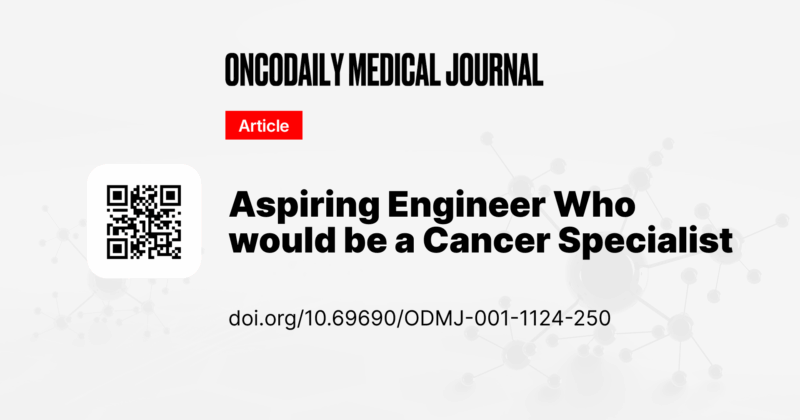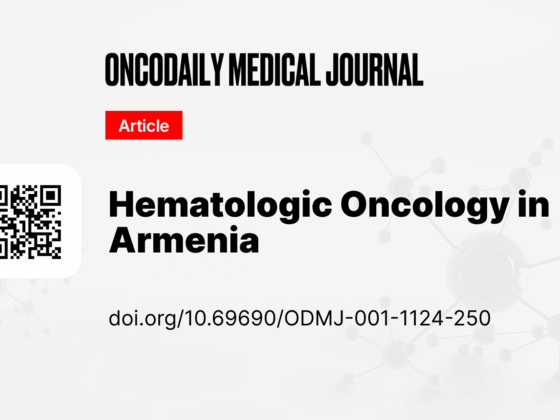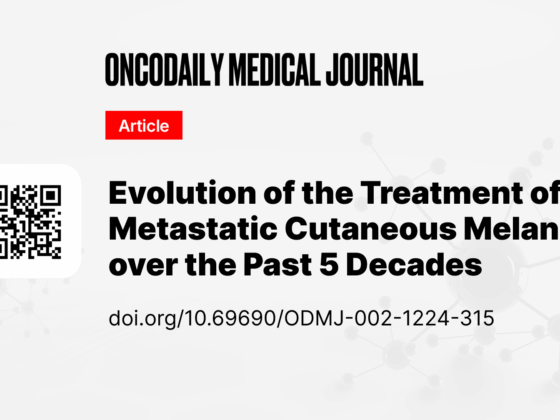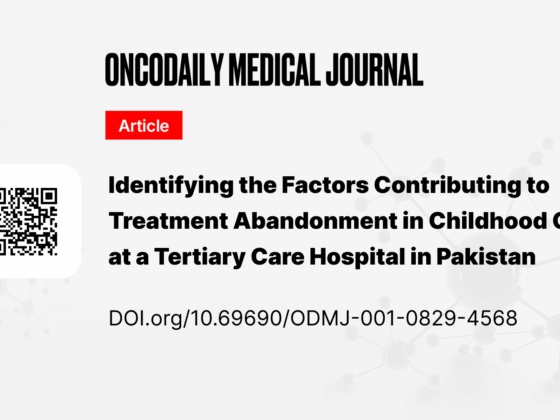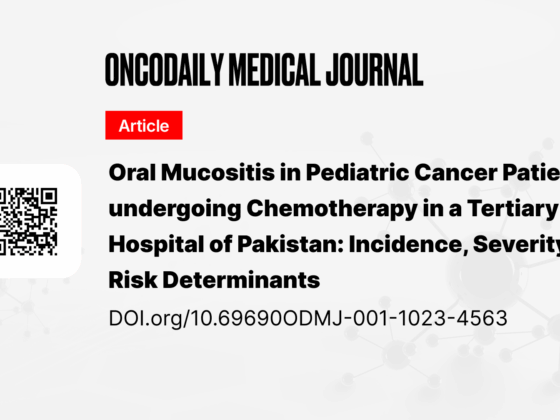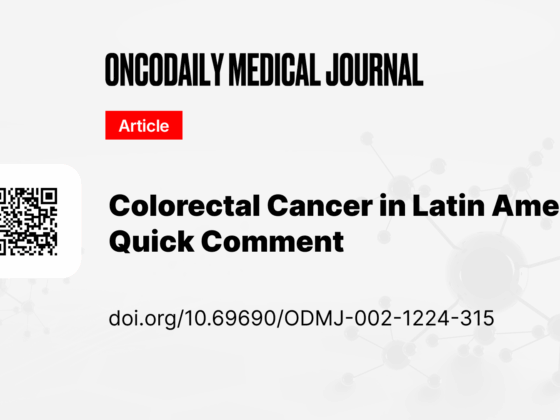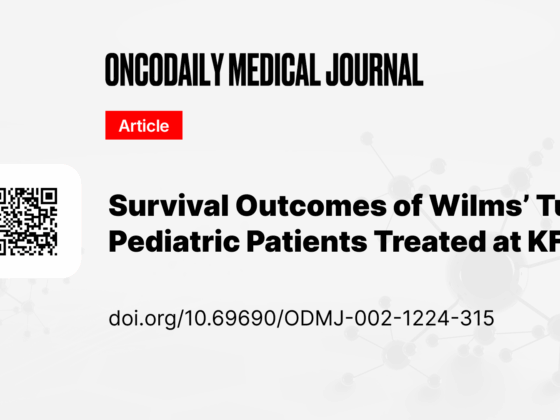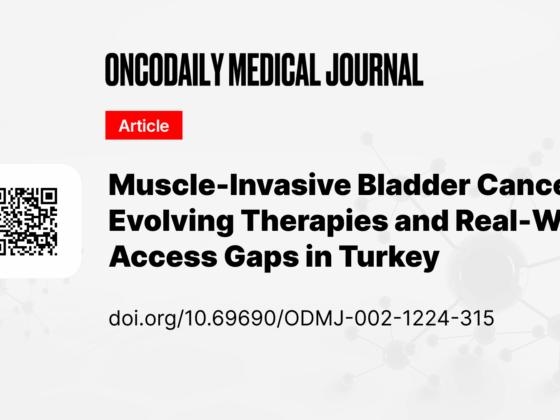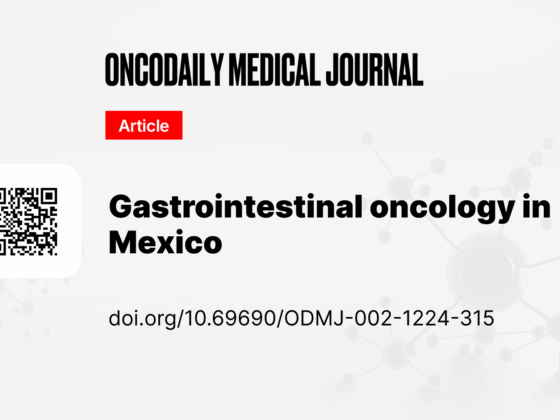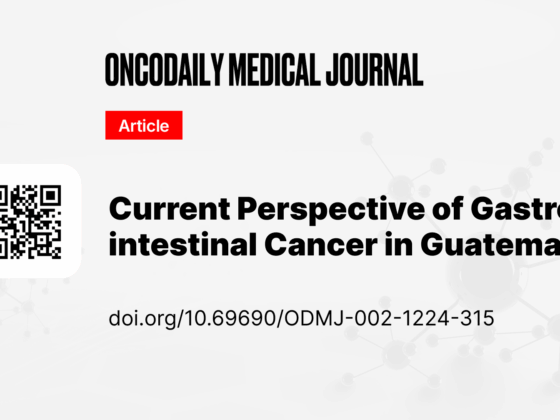In this article, we summarise a paper by Agop Y. Bedikian, published in the OncoDaily Medical Journal, tracing the personal journey of an Armenian-Lebanese engineering student who became a cancer specialist, and how patient-centered care and clinical trials defined his career.
Title: Aspiring engineer who would be a cancer specialist
Author: Agop Y. Bedikian
DOI: 10.69690/ODMJ-003-1024-221
Full article
Agop Y. Bedikian’s path to oncology began with loss: his father’s death from throat cancer redirected a young engineering student in Beirut toward medicine. Trained at the American University of Beirut, then propelled by mentors in the US, he entered oncology in the 1970s, an era of limited efficacy and high uncertainty. What followed is a narrative about how listening to patients, running clinical trials, and staying present at the bedside can change outcomes and, sometimes, lives.
Bedikian recounts pivotal moments: an ER encounter that helped open the door to an MD Anderson fellowship; formative mentorship under Emil Frei III’s legacy of investigative therapy; and early melanoma practice where biochemotherapy could produce dramatic remissions but also demands vigilance, like the night he stayed to manage a crashing patient who later became an advocate for Armenian Genocide recognition. Across the years, he describes the quiet labor of phone consults and second opinions that often went uncredited but sometimes proved life-altering, including guiding a distraught young mother toward interleukin-2, leading to a durable complete remission.
The piece widens to service and philanthropy. A scholarship from AGBU helped him pivot to medicine; decades later, he coordinated urgent, resource-constrained treatment for a young Armenian physician with metastatic testicular cancer, steering care remotely until the patient reached a cure, and later climbed Mount Ararat in gratitude.
Clinically, the story mirrors oncology’s transformation: from cytotoxics to IL-2, then targeted therapies (BRAF inhibitors) and checkpoint inhibitors (ipilimumab, nivolumab, pembrolizumab), with survival in metastatic melanoma extending from months to years and spawning a dedicated long-term survivorship clinic. Through it all, Bedikian’s thesis is simple: rigorous trials matter, but compassion, trust, and presence remain irreplaceable tools.

